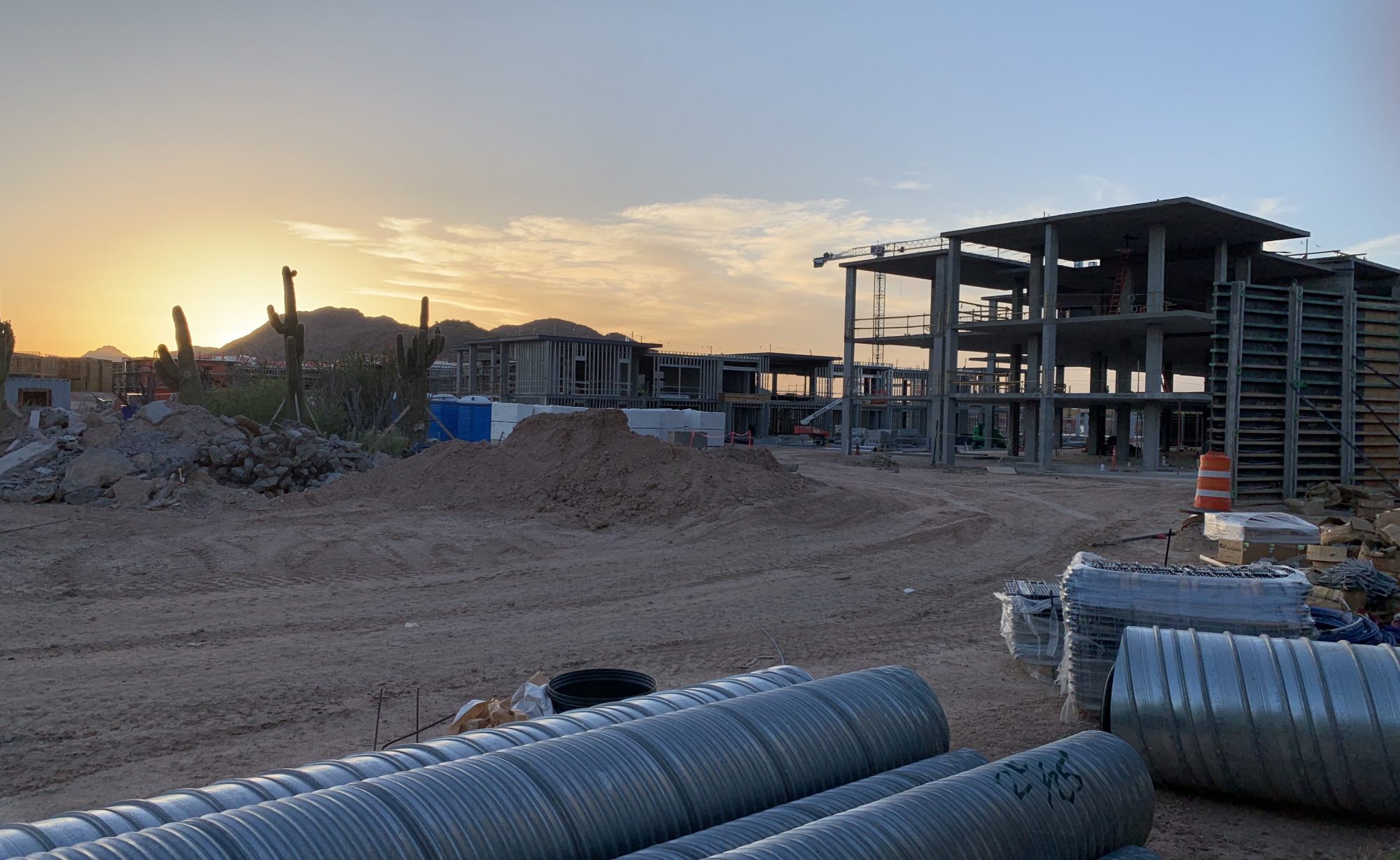
It is typical for construction contracts to provide that “time is of the essence.” And while these clauses clearly signify that time is important, their practical impact on parties to an agreement may be less clear. Luckily, the Arizona Supreme Court addressed the effect of “time of the essence” provisions in this state in Foundation Development Corp., v. Loehmann’s, Inc., 163 Ariz. 438 (1990).
Time as a material element of a contract.
Before addressing the holding in Loehmann’s, it should be noted that the general aim of “time of the essence” clauses is to make time a material requirement of the parties’ performance under an agreement. Of course, even in the absence of a “time of the essence” provision, time can be rendered a material requirement of a contract if it is implied by the type of obligations assumed.



 billing cycle. Indeed, the PPA codified monthly progress billings as the standard payment arrangement on all Arizona construction projects. It was not, however, the understanding or practice of those in the construction industry that payment applications submitted at the end of a billing cycle were limited to work performed or materials furnished in the preceding 30 days. But this changed with the Arizona Court of Appeals’ recent decision in SK Builders, Inc. v. Smith. In SK Builders, the court held that the PPA provision stating that “billing[s] or estimate[s]” be based on “work performed and…materials supplied during the preceding thirty day billing cycle” means that the PPA does not apply to general contractors’ billings or estimates that contain work furnished outside the past 30 days.
billing cycle. Indeed, the PPA codified monthly progress billings as the standard payment arrangement on all Arizona construction projects. It was not, however, the understanding or practice of those in the construction industry that payment applications submitted at the end of a billing cycle were limited to work performed or materials furnished in the preceding 30 days. But this changed with the Arizona Court of Appeals’ recent decision in SK Builders, Inc. v. Smith. In SK Builders, the court held that the PPA provision stating that “billing[s] or estimate[s]” be based on “work performed and…materials supplied during the preceding thirty day billing cycle” means that the PPA does not apply to general contractors’ billings or estimates that contain work furnished outside the past 30 days. This summer, the Arizona Supreme Court rendered an opinion in Teufel v. American Family Ins. Co., et al., 244 Ariz. 383 (2018) that addresses interesting issues relating to insurance and the nature of the legal obligations owed by builder-vendors to home buyers. Specifically, the Court examined whether a homeowner’s insurance policy exclusion “for personal liability ‘under any contract or agreement’ relieve[d] an insurer of defending its insured, an alleged builder-vendor, against a claim for negligent excavation brought by the home buyer.” The Court ultimately held “that the exclusion did not apply to relieve the insure of its duty to defend because the negligence claim [arose] from the common law duty to construct the home as a reasonable builder would.”
This summer, the Arizona Supreme Court rendered an opinion in Teufel v. American Family Ins. Co., et al., 244 Ariz. 383 (2018) that addresses interesting issues relating to insurance and the nature of the legal obligations owed by builder-vendors to home buyers. Specifically, the Court examined whether a homeowner’s insurance policy exclusion “for personal liability ‘under any contract or agreement’ relieve[d] an insurer of defending its insured, an alleged builder-vendor, against a claim for negligent excavation brought by the home buyer.” The Court ultimately held “that the exclusion did not apply to relieve the insure of its duty to defend because the negligence claim [arose] from the common law duty to construct the home as a reasonable builder would.”